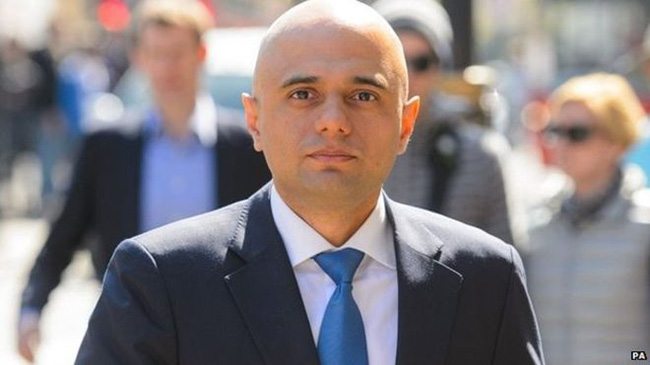The chancellor will hold this year’s budget only six days days after Britain’s scheduled departure from the European Union.
Sajid Javid said that he would use the fiscal event to set out the government’s domestic policy agenda, with a focus on an “infrastructure revolution” as the Conservatives gear up for an imminent election. It is set to be one the largest giveaway budgets in recent memory.
The OBR has been told to prepare its forecasts on the same Brexit assumption as Theresa May’s government — that there will be a smooth transition to a deal.
Hopes have risen in the past few days that a deal will be struck in time for Thursday’s summit of European leaders, although Brussels is asking for more concessions. If Britain were to leave without a deal the OBR would have difficulty preparing any meaningful forecasts, given the time constraints.
Mr Javid said: “This will be the first budget after leaving the EU. I will be setting out or plan to shape the economy for the future and triggering the start of our infrastructure revolution. This is the right and responsible thing to do — we must get on with governing.”
The Treasury told the Office for Budget Responsibility, the government’s official forecaster, to begin preparing its economic outlook six weeks ago, which is the minimum notice period permitted but short of the usual ten weeks.
The watchdog’s figures are likely to reveal that the government is in breach of its existing fiscal rules, although the chancellor has said that he would produce a new set of rules for the budget.
Last week the Institute for Fiscal Studies warned that borrowing was likely to be £52.3 billion in 2020-21, more than the OBR’s March forecast of £21 billion and higher than its limit of 2 per cent of GDP. Its director, Paul Johnson, said that day-to-day spending was on scale equivalent to Labour’s 2017 manifesto and “there isn’t any space for any permanent giveaways”.
Mr Javid has pledged to announce infrastructure spending on hospitals, roads, railways and broadband worth billions of pounds.
The OBR previously said that if Britain were to leave without a deal on October 31 it would struggle to build a new set of forecasts in time but that it would do its best to provide as much guidance as possible. Sources said today that the budget would likely be delayed if there were a no-deal Brexit.
If Britain leaves the EU without a deal the prepared forecasts would be irrelevant because growth is expected to slow and borrowing to balloon, driving the deficit higher. The IFS said that a no-deal Brexit could push borrowing to £100 billion and leave the national debt at a 50-year high, close to 90 per cent of GDP.
Robert Chote, chairman of the OBR, told the Treasury select committee last month: “Given the complexity of the forecast and policy scrutiny processes . . . we cannot produce parallel forecasts on both bases.”
With short notice, he added: “We would try to do the best we can, and that might mean something that is not the product you are used to seeing in normal circumstances. It does obviously come, at the limit, to a point at which you just say, ‘We cannot produce anything useful on that basis.’ ”
The chancellor is expected to announce a new set of rules that allow for greater borrowing flexibility.
Economists expect him to go with for a limit on day-to-day borrowing but to exclude infrastructure spending, giving the government significantly more headroom to borrow to invest.
A second binding rule to have debt permanently falling as a share of GDP is also expected.


